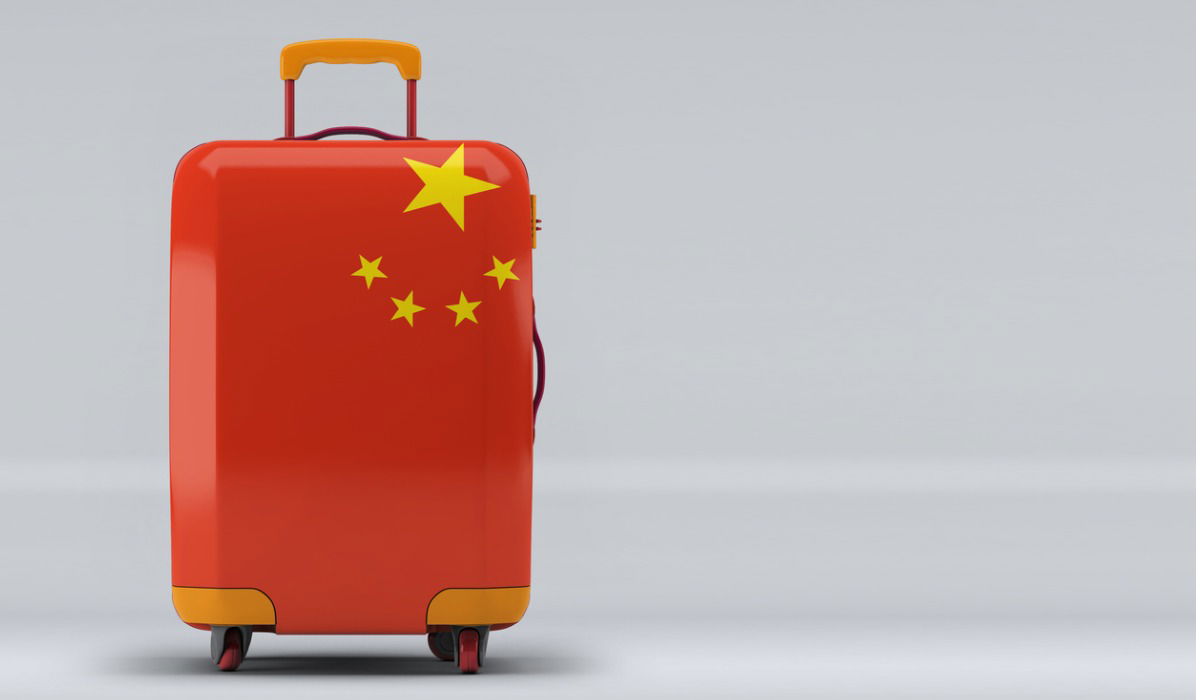
TO “clear the record,” the governor said he doesn’t “object” to Chinese tourists. He was referring to a news story we published, which did not say he was “objecting” to Chinese tourists. The headline read, “King-Hinds: Objection to Chinese Tourists Mind-Boggling.” The lead, quoting U.S. delegate candidate Kimberlyn King-Hinds, stated: “It’s mind-boggling how Chinese tourists are welcomed in the United States of America and good for the American economy, but it is a national security risk for the CNMI.”
Again, no mention of the governor “objecting” to Chinese tourists.
In the news story, King-Hinds also said that the governor 1) “is not willing to lift a finger to pursue all markets,” which include China; and 2) “was asked to apply for the Annex VI exemption, and he refused.” Both true as the governor himself confirmed.
Perhaps for the administration, “inaccurate” and “misleading” stories refer to “negative” news items it doesn’t want to see, especially on the front-page.
But again, what a relief to hear the governor say publicly that he doesn’t “object” to Chinese tourists. He said the same thing in December: “I’m not saying we’re not going to welcome them, I never said that.” In the same breath, he reiterated his intention to “pivot away” from “overreliance” on Chinese tourists. Meaning, he won’t allow MVA to again promote the CNMI in what used to be its second largest tourism market; and he won’t pursue “unlimited flights from mainland China.” But, mind you, he doesn’t “object” to Chinese tourists.
Instead, he wants the CNMI to rely on the South Korean market; the barely existing Japan market; the still nonexistent “new markets”; and more alms from the feds.
Apparently, if the administration is doing it, it’s not “overreliance.” That word, it seems, applies only to the China market. However, no one, especially the business community, wants to “over rely” on one tourism market. Prior to the pandemic, MVA’s avowed goal was to maintain three markets (Korea, China, Japan) while seeking new ones, which takes time. It took many years before the local tourism industry became what it was in its heyday. Incidentally, Japan was the primary market back in the day. Starting in 2013, however, Japan arrivals have decreased each year, from 141,747 to 17,121 in 2019, before the pandemic. MVA continues to promote the CNMI in Japan, but in FY 2023, Japan arrivals totaled 7,373 only. As for the “new” market that is Taiwan, arrivals in FY 2019 prior to the pandemic totaled 902. So far this fiscal year, MVA said 73 Taiwanese have visited the islands. Is the governor saying that Japan and Taiwan are the “more stable” markets? As Groucho Marx would put it: “Who are you going to believe, me, or your lying eyes?”
In 2019, prior to the pandemic there were 185,536 arrivals from China. The Covid-19 restrictions, however, ended the direct flights from mainland China. The local business community believes that a resumption of those flights will help revive the local tourism industry. Hotel executives said tapping the China market “would be the fastest and easiest path towards recovery.”
So who should we believe? Businesspeople with extensive experience and knowledge in the tourism and hotel industry or politicians that, some say, still hold a grudge against certain businesspeople for supporting the “wrong” candidates in the 2022 election?
Nevertheless, business community leaders are still hoping that the governor would ask the feds to reinstate the CNMI’s exemption from the U.S. Department of Transportation’s order limiting the number of round-trip flight services between the U.S. and China. Such advocacy should not require “spending our limited resources.” And this time, the EVS-TAP will be in place to address federal concerns regarding the CNMI’s China market.
The governor said “tourist parole authority may be revoked at any time.” Sure. But it is also “true” that tourist parole authority may not be revoked any time soon. Meanwhile, the quickest way to plug the CNMI government’s ever growing financial hole is to boost tourism arrivals by pursuing all markets, old and new, China included.
Preventing the government’s financial collapse should be the administration’s primary task. Funding for the retirees’ 25% will run out in August. What about funds for medical referrals and the government’s utility bills? What about government payroll — especially of employees with families to raise and whose salaries are not federally funded? What about government vendors who are required to pay taxes and fees on time?
There is no way the administration would admit it’s wrong about its drastic “pivot” policy. But then again, who knows.
The governor earlier said that “everything’s on the chopping block” due to the government’s funding shortfall. But, it turns out, not really.
He also said, “I don’t want to go out and raise taxes again and impose the penalty on the businesses and the people of the Commonwealth because of the misappropriation [and] misdeeds [of] government officials.”
But that was before he proposed tax hikes.
He likewise announced that he was creating the first Governor’s Small Business Advisory Council, but there has been no further mention of it since then.
Now he says he doesn’t object to Chinese tourists.
So again, whew. What a relief.
Send feedback to editor@mvariety.com










